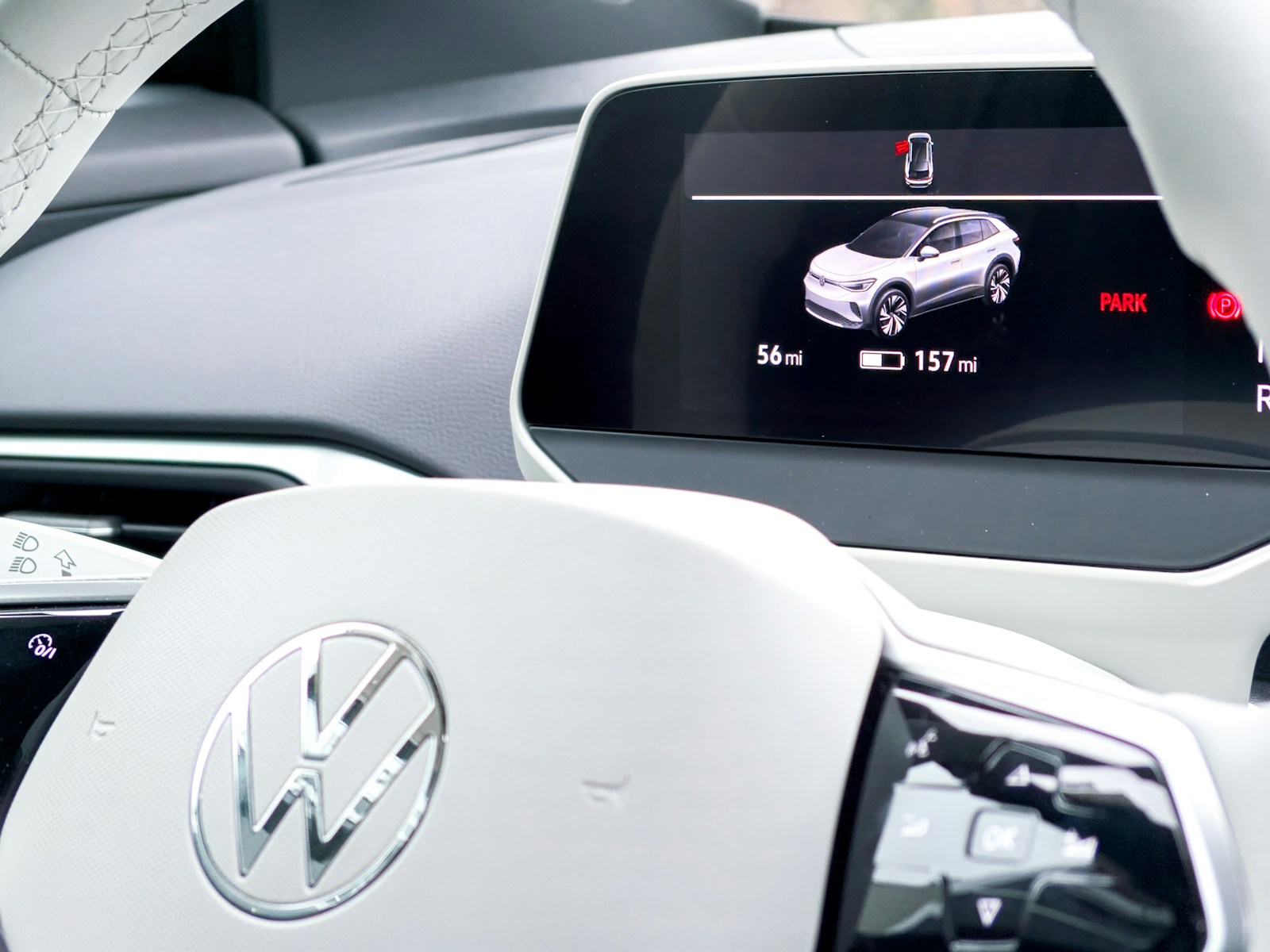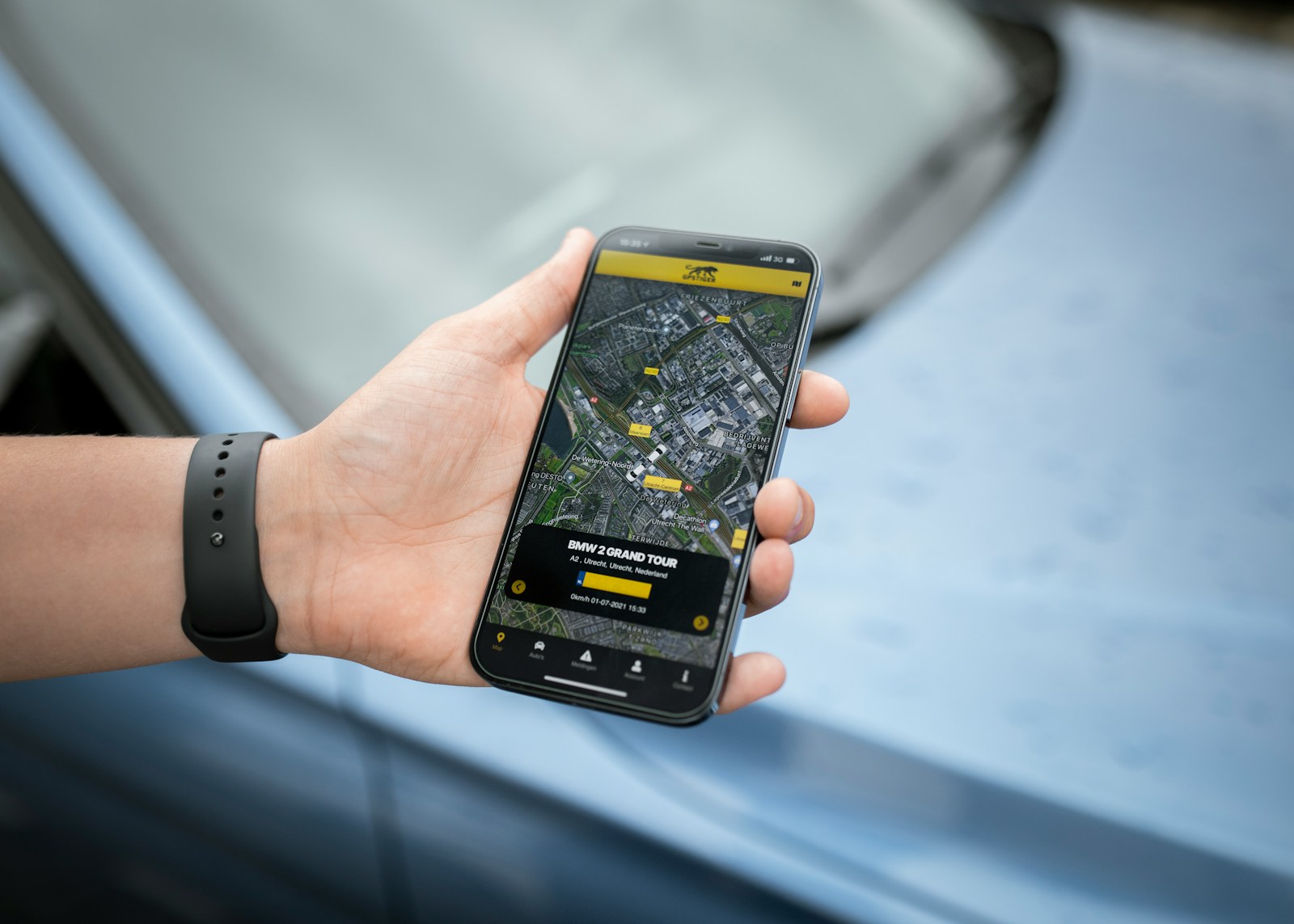The Role of Connected Vehicle Data in Modern Traffic Management
Transforming Road Safety in Saudi Arabia and the UAE
The integration of connected vehicle data with traffic management systems is revolutionizing road safety and efficiency in Saudi Arabia and the UAE. As these nations embrace cutting-edge technologies, the synergy between connected vehicle data and advanced traffic systems is becoming increasingly crucial. Connected vehicles, equipped with sophisticated sensors and communication tools, continuously generate valuable data on vehicle location, speed, and driving behavior. This data, when integrated with traffic management systems, provides real-time insights that can significantly enhance road safety.
In Riyadh and Dubai, where rapid urbanization and increasing traffic volumes present significant challenges, leveraging connected vehicle data is pivotal. For instance, real-time data can help traffic management centers detect accidents or hazardous conditions almost instantly, enabling swift responses from emergency services. Moreover, predictive analytics can identify potential accident hotspots, allowing authorities to take proactive measures to mitigate risks.
Furthermore, integrating this data can improve the efficiency of traffic flow. By analyzing patterns and predicting congestion, traffic management systems can optimize traffic signal timings, reroute vehicles, and manage traffic in real time. This leads to reduced travel times, lower emissions, and overall enhanced urban mobility. As Saudi Arabia and the UAE continue to invest in smart city initiatives, the role of connected vehicle data in ensuring safer and more efficient road networks cannot be overstated.
Boosting Business Success through Enhanced Mobility
Effective traffic management is not only a public safety concern but also a critical factor in business success. In the bustling economic hubs of Riyadh and Dubai, efficient transportation systems are essential for maintaining the flow of commerce. The integration of connected vehicle data into traffic management systems can significantly impact businesses by improving the reliability and predictability of transport logistics.
For businesses operating in these regions, timely deliveries and efficient supply chain management are paramount. By utilizing connected vehicle data, companies can monitor their fleet in real time, optimize routes, and avoid traffic delays. This ensures that goods are delivered on time, enhancing customer satisfaction and operational efficiency. Moreover, reduced travel times and optimized fuel usage contribute to cost savings, directly impacting the bottom line.
In the broader context of executive coaching services and management consulting, the ability to leverage connected vehicle data presents a new avenue for advising businesses. Consultants can help companies understand the benefits of integrating this data into their operations, from improving logistics to enhancing employee commutes. As a result, businesses can achieve greater productivity and competitiveness in the fast-paced markets of Saudi Arabia and the UAE.
Leadership in Technology Adoption
The successful integration of connected vehicle data with traffic management systems exemplifies the leadership in technology adoption demonstrated by Saudi Arabia and the UAE. Both countries have made significant strides in embracing artificial intelligence (AI), blockchain, and other advanced technologies to drive their smart city initiatives. The use of generative AI in analyzing vast amounts of vehicle data and making real-time traffic decisions is a testament to their commitment to innovation.
Leaders in Riyadh and Dubai are not only investing in technology but also fostering an environment that encourages continuous improvement and adaptation. Executive coaching services play a crucial role in this transformation by equipping leaders with the skills needed to navigate and leverage these technological advancements. Effective communication, strategic decision-making, and change management are essential competencies for leaders to drive the successful implementation of connected vehicle data initiatives.
Furthermore, the integration of blockchain technology ensures the security and integrity of the vast amounts of data generated by connected vehicles. This trust in data is fundamental for the smooth operation of traffic management systems and for gaining public confidence in these innovations. As Saudi Arabia and the UAE continue to set benchmarks in technological adoption, the integration of connected vehicle data serves as a model for other nations aiming to enhance road safety and efficiency.
#ConnectedVehicleData, #TrafficManagement, #RoadSafety, #Efficiency, #SaudiArabia, #UAE, #Riyadh, #Dubai, #ChangeManagement, #ExecutiveCoaching, #EffectiveCommunication, #BusinessSuccess, #ManagementConsulting, #AI, #Blockchain, #Metaverse, #GenerativeAI, #Leadership, #ProjectManagement









